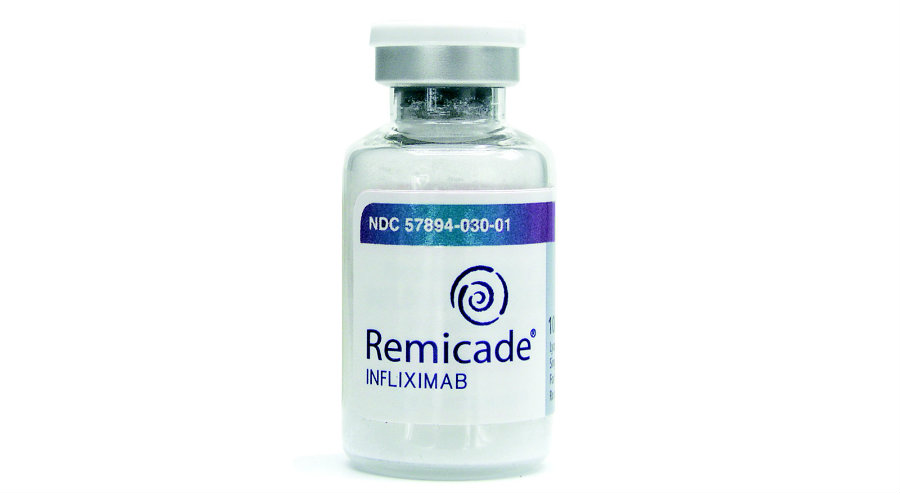J&J faces FTC probe on Remicade biosimilar defence

Johnson & Johnson’s antibody blockbuster Remicade has proved highly resistant to biosimilar competition – so much so that the US authorities want to know why.
J&J has revealed in its second-quarter results filing with the Securities & Exchange Commission (SEC) that the Federal Trade Commission is investigating whether the contracting practices of its Janssen subsidiary “violate federal antitrust laws.”
There’s not much detail in the SEC filing for obvious reasons, other than that the action is a civil investigative demand (CID) – in essence a request for records and information – which is the go-to starting point for just about any federal probe into suspected anti-competitive practices.
It’s not the first time that Janssen has come under scrutiny for its defensive activities for Remicade (infliximab), which is still a big earner for the company with sales of $2.2 billion in the first half of the year, even though the first biosimilar rivals have been approved since April 2016 in the US and in 2015 in Europe.
In 2017, Pfizer sued J&J, claiming that it was providing inducements to US health insurers in order to block biosimilar competition to its brand. Pfizer had launched its Inflectra version of the monoclonal antibody the prior year, but was still only making a little over $20 million a quarter from the drug more than a year later.
Pfizer alleged that J&J threatened to withhold significant rebates unless insurers agreed to ‘biosimilar-exclusion’ contracts that effectively block coverage for Inflectra and other infliximab biosimilars unless Remicade was found to be ineffective.
Since then sales of Inflectra have improved somewhat, reaching $153 million in the second quarter of this year, but Pfizer says that despite its biosimilar being 22% cheaper than Remicade “J&J has not lost substantial volume or share of sales – counter to what should occur in a competitive market.”
J&J has always insisted Pfizer’s lawsuit was without merit, but so far hasn’t been successful in making its case. Last August, a US district court denied its motion to dismiss the case.
Pfizer said it had also been issued with a CID from the FTC last month, and that the investigation is “an important step, which we hope will lead to a robust, competitive marketplace for patients and physicians to access biosimilar medicines.”
Former FDA Commissioner Scott Gottlieb also took a dim view of the practices adopted by biologic drug manufacturers to block biosimilar competition, saying last year that biosimilars are being blocked from broader uptake in a ‘rigged’ system and that some companies are “dangling big rebates to lock up payors in multi-year contracts right on the eve of biosimilar entry.”
He also introduced a ‘name-and-shame’ list of companies that block access to small-molecule generics, and said the FDA was planning to extend that to the biologics arena as well.












